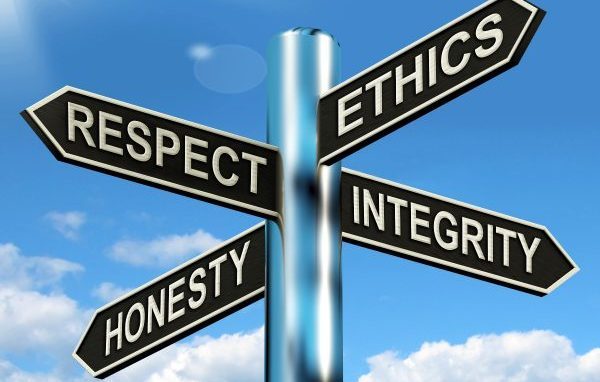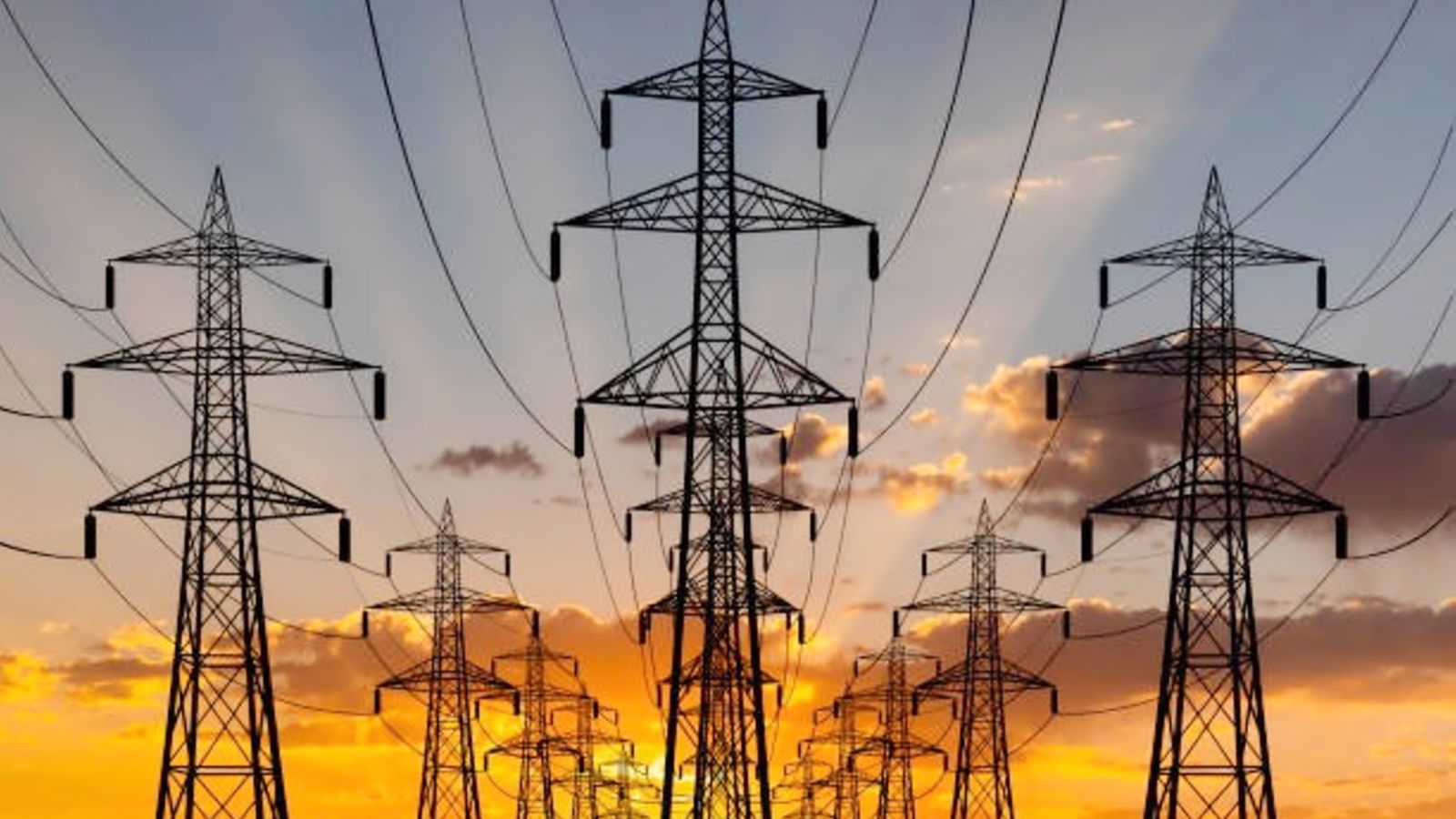Analyse way your time is being spent
What you need to know:
Life and time are one and the same. What gets measured gets improved, so making a budget of your time and analyzing where it is going can significantly improve your efficiency. Preparing a weekly time budget helps you to balance your activities better.
“Dost thou love life?” asked Benjamin Franklin. “Then do not squander your time, for that is the stuff life is made of.”
Life and time are one and the same. What gets measured gets improved, so making a budget of your time and analyzing where it is going can significantly improve your efficiency. Preparing a weekly time budget helps you to balance your activities better.
Prepare a budget of your time, identifying how much time you wish to spend each week on each of the key areas in your life. The total time should add up to 168 hours.
Find out how much time you’re devoting to work, study, meetings, exercise, relaxation, sleep, family, shopping, and other events. Keep a detailed list for a week or a month.
Next, give yourself a set of priorities and see how you can provide time for the most important things in your life. For one month, summarize the areas in which you spend your time.
Evaluate the quality of the time you spend in each. Analyze the variance between the way you spend your time and the way you want to spend it, and take corrective action.
Managing time
Beware of getting caught up too much in chronos – the quantitative aspect of managing time – and losing the essential value of the exercise. So in your evaluation, look for not only the quantity of time spent in each of your core areas but also the quality of the results you have produced in these areas.
A watch is a useful thing, but it can become a hindrance. Relationships with loved ones are infinitely more important than the clock, which does not measure kairos – quality time. When planning, expect things to come up that you did not anticipate. Some of these may be important. Therefore, allow some flexibility in the planning process to incorporate these opportunities or occurrences.
To paraphrase a popular adage among management experts, “What gets measured gets improved.” When you measure the way you spend your time, you are bound to improve your use of time. Invest time in areas that are your highest priorities.
Give everything you have to these priorities and watch your progress. When you have less on your plate, you invite integrity and harmony into your life. But this “less” is more, because it is on your highest priority list. Why exert yourself to do brilliantly what you don’t have to do at all?
Keeping track
Azim has a habit of budgeting his weekly time between family and work. He also keeps track of where he spends his time. This allows him to be effective with his time. By budgeting 28 hours a week for his family, he is able to spend time with his loved ones.
Also, by writing in his journal, he is able to ensure that he gives them not just a quantity of time but time infused with quality of interaction and bonding. He regards this as a great gift to his family.
The quality of interaction is more important than quantity, so one cannot measure everything based on time alone. However, well-measured quantities create room for quality to manifest itself. A half-hour saved daily amounts to about 180 hours per year, which is equivalent to four weeks of full-time work.




